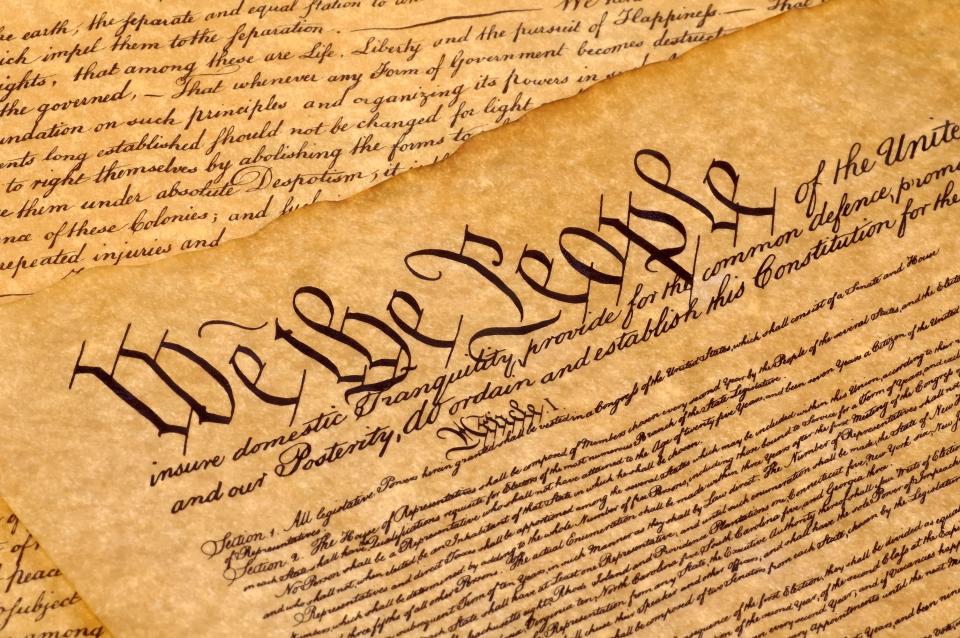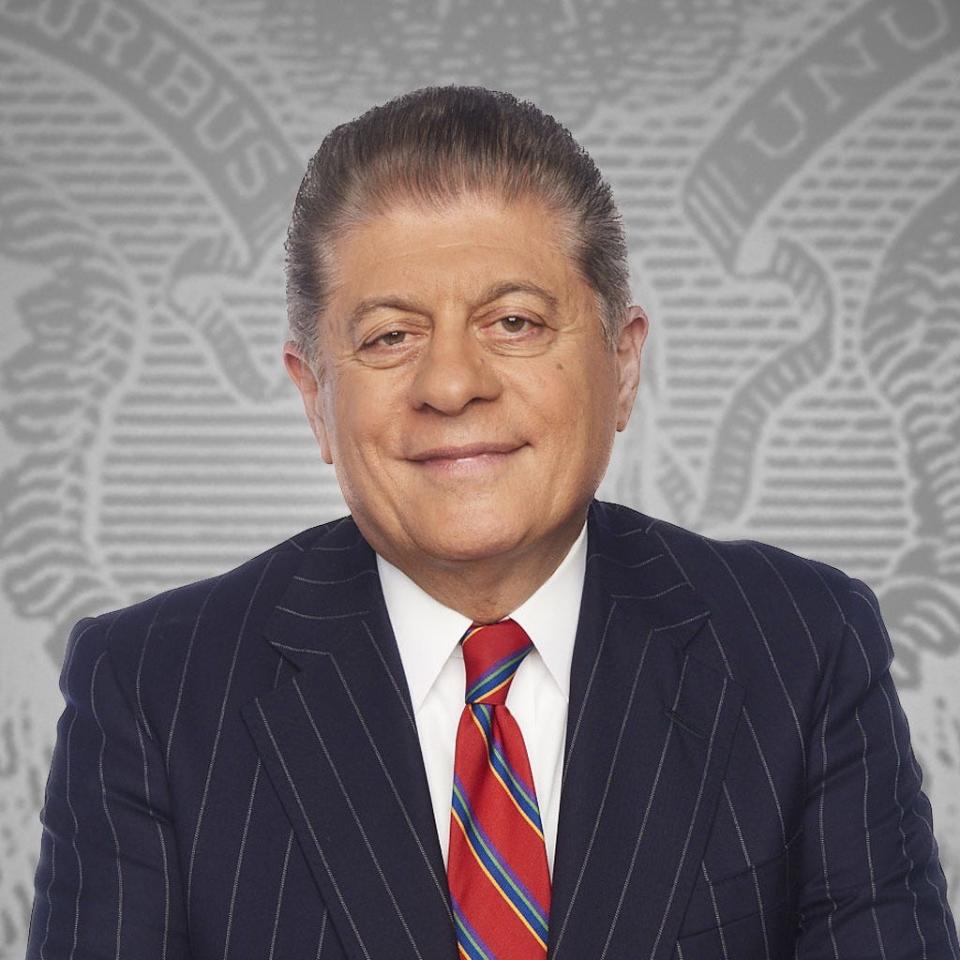In his famous dissent in Olmstead v. United States, the Supreme Court Judge Louis Brandeis in 1928 he called the right to be left alone the most comprehensive of rights and the right most valued by civilized men. He was referring to the right to be left alone by the government – a right we now call privacy.
Olmstead was involved in smuggling and the feds tapped his phones without any search warrant. The Supreme Court, which has never recognized the right to privacy, allowed tapes of overheard conversations to be used as evidence in his criminal trial and he was convicted.
Two generations later, in Griswold v. Connecticut, a case involving the sale of contraceptives in violation of state law, Brandeis’ dissent was embraced by the majority of the court. It’s strange that it took the court 175 years to recognize that the Fourth Amendment—which was written to keep all government out of our bodies, homes, papers, and possessions—protects the fundamental right to privacy.
However, there is a difference between recognizing a right and preventing the government from violating it. The court’s prevention tool is known as the exclusionary rule. Courts are required to exclude from use at trial all evidence obtained by the government in violation of a recognized right.

In the early days of this rule, prosecutors argued that a criminal should not be released just because a police officer made a mistake. The counterargument—which prevailed on paper—is that a fundamental freedom is meaningless if the cost to the government of its violations does not exceed its gains.
The reason I say this pro-freedom vision prevailed “on paper” is because the feds – whose appetite for surveillance is insatiable – found ways around it. The government continues to poke holes in the Fourth Amendment and has happily overcome them.
When the government is caught spying without a warrant, it argues that the right to privacy only exists to protect criminal proceedings from being infected by illegally obtained evidence. So, this argument goes, if the feds violate your right to privacy by capturing the contents of your mobile device without a warrant, but don’t use what they captured in a criminal case against you, then there is no harm, and thus no fault.
Unfortunately, some courts believed this totalitarian nonsense. The successful deployment of this argument has created a culture in law enforcement to watch first and worry about the Fourth Amendment later.
Much of this stems from the Patriot Act of 2001, which unconstitutionally allows one federal agent to authorize another to obtain evidence from a records custodian. The instrument for doing this is called a National Security Letter – not a search warrant issued by a judge and not a subpoena voted on by a grand jury, but permission from an FBI chief.
When President Joe Biden discovered that the FBI was using Trump-era software called zero click to download content from mobile devices and desktops without search warrants, on paper he put an end to it. The New York Times reported that the feds didn’t stop.
Zero click allows the user of this Israeli-developed software to sign in to a mobile or desktop device and use it as a tracking and listening device while downloading their content, without tricking the device owner into clicking a link.
Not to be deterred by Biden’s order, the feds acquired more software developed in Israel that tracks a user’s Internet habits and develops a link tailored to attract the user, which, when clicked, puts the feds inside the device and allows them to track, listen to and download.
All of this is done without the user’s knowledge and without a search warrant. Question: What does federal law call breaking into someone else’s computer without consent or a search warrant? Answer: hacking computers, which is a crime.
Now back to the exclusion rule. It will only be an effective deterrent if the government attempts to present illegally obtained evidence at trial. The feds may be indifferent to the Constitution they are sworn to defend, and the Constitution may be nearly useless as an instrument for protecting personal liberty, but the feds are not going to reveal their sources and methods in a public court.
Thus, the use of evidence obtained in violation of the right to privacy, in violation of the Fourth Amendment, is often masked. This masking occurs through the construction of a fictitious path to the evidence by a different team than the one that did the hacking.
More Neapolitan: Twilight’s Last Shine: America’s Republic Is Now an Empire
Put another way, the feds who do the computer intrusions are not the same human beings who do the prosecutions. The first is a dirty team. The latter is a clean team. Together, they constitute a conspiracy to violate the civil liberties of those they targeted with their software and then prosecuted.
When FBI Director Christopher Wray was asked about this in public testimony before the Senate Intelligence Committee, he stated that the FBI was just experimenting with this software to see how it worked. Who would believe that?


Wray is an example of government duplicity. The Biden administration hasn’t just stopped the feds from using zero-click; prevented the Israeli manufacturer from selling any of its products to American buyers. The administration claimed it was protecting journalists and dissidents from government spying. However, it appears otherwise when the FBI and other federal spies used other software that achieved the same purpose through the same unconstitutional means.
How about protecting every person in America from government spying? The Fourth Amendment protects all people – not just Americans, not just journalists and dissidents, not just good people – from all governments, not just law enforcement.
Today, the government not only invades our computers; lie about it and then lie about your lie. Hacking by the feds is more than just a crime. It is a direct attack on the freedoms we hire the feds to protect. Only aggressive prosecution of government computer hackers will deter them.
Why do we hire people who violate their oaths to protect our rights? Why do we allow a culture that rewards constitutional violations? Who will protect us from the government?
Andrew P. Napolitano, a former New Jersey Superior Court judge, has published nine books on the U.S. Constitution. To learn more, visit JudgeNap. with.
This article originally appeared in the New Jersey Herald: Holes in the Constitution trample our rights to privacy





















/cdn.vox-cdn.com/uploads/chorus_asset/file/25357647/STK264_MICROSOFT_TEAMS_V2_CVIRGINIA_A.png?w=300&resize=300,300&ssl=1)















